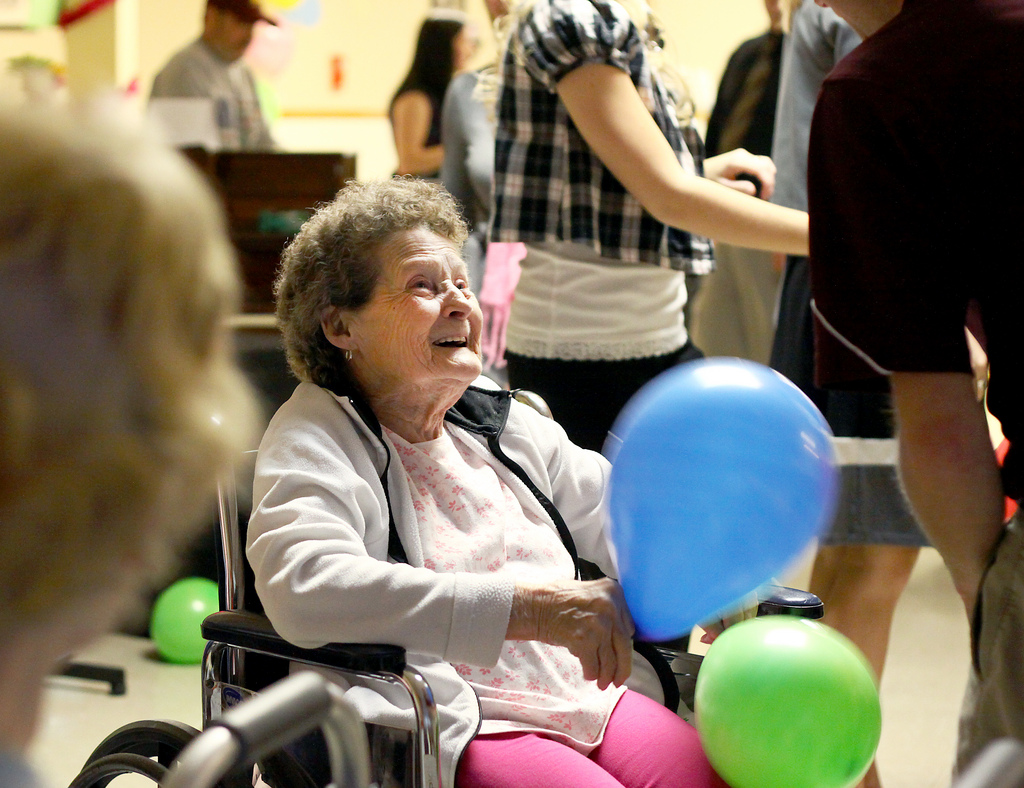Where The Needs Of Others Come First · Available 24x7 For Emergencies

Senior Care Costs Are Rising
Caring for an elderly loved one can be an emotionally taxing prospect. As your loved one’s health begins to decline, he or she may need round the clock care, special kinds of assistance, or a special diet. Watching a family member navigate difficult changes is never easy, but it’s even worse when you face staggering health care costs with few reasonable payment options. Once an aging parent’s assets have been exhausted, care costs may weigh heavily on family members, especially as care costs continue to rise. If you need help covering the cost of care for your loved one, consider these three options.
Medicaid: Is Your Senior Loved One Eligible?
Medicaid offers assistance to those whose financial circumstances meet specified guidelines. While Medicaid can be a wonderful source of assistance for those in need, be aware that your loved one will be required to exhaust other resources before being eligible for 100% coverage. In order to qualify, the applicant must meet the following criteria:
Income may not exceed $2,000: This is an approximate guideline and may vary from state to state.Update as of June 2, 2015: According to Lisa Ramsey, C.E.O. at Medi-Cal Consulting Services Inc., this is no longer true. Ms. Ramsey states, “There are NO income limits under traditional Medi-Cal.”- Assets may not exceed $2,000: The applicant’s financial resources, excluding the home, may not be greater than $2,000. Again, this is an approximate guideline and there may be exceptions to the rules.
- Must require skilled nursing care: In order to qualify, seniors must have significant health issues requiring constant skilled care, have a qualifying condition like Alzheimer’s or dementia, or be otherwise unable to care for themselves.
Because Medicaid eligibility may depend on a number of different factors, you should research the specific Medicaid eligibility requirements for your state in order to determine whether your loved one qualifies.
Veteran’s Assistance
If your aging loved one served in the military, he or she may be able to receive assistance from the Veteran’s Administration. Veterans may qualify for an Aid and Attendance Pension which will provide monthly coverage for assisted living or nursing home care. If your loved one wants to remain at home, the VA Pension may help pay for the cost of an in-home caregiver to help with daily activities and needs. The surviving spouse of a deceased veteran may also qualify for care assistance.
Other Options
If your elderly loved one does not qualify for Medicaid or Veteran’s Assistance, you still have some options to help reduce the cost of care. Consider one of the following:
- Negotiate rates with the provider. Although many nursing homes are firm on their rates due to Medicaid requirements, some may be willing to negotiate with you. If you can pay more than the Medicaid rate, but less than the published private rate, the nursing home may be willing to make an exception. In addition, assisted living and home care providers will sometimes work with clients, especially if they have multiple vacancies and don’t take Medicare or Medicaid.
- Relocate to a lower-cost area of the country. While this idea may seem far-fetched, it can be a good alternative for families with siblings living in different parts of the country. For example, if one sibling lives in a high cost location like New York, and another lives in a lower-cost location like the southeast, it may be wise to consider whether the elderly family member could relocate to the lower-cost area.
- Tax Deductions–Nursing home room and board are tax deductible, and so are certain medical procedures your loved one may need.
Every family wants the best possible care for elderly loved ones as they age. By researching your available options and making informed decisions about in-home care, assisted living, and nursing home facilities, you can ensure that the seniors in your family get the care they need while also making wise financial choices.
Photo by JSmith Photo -(cc)

